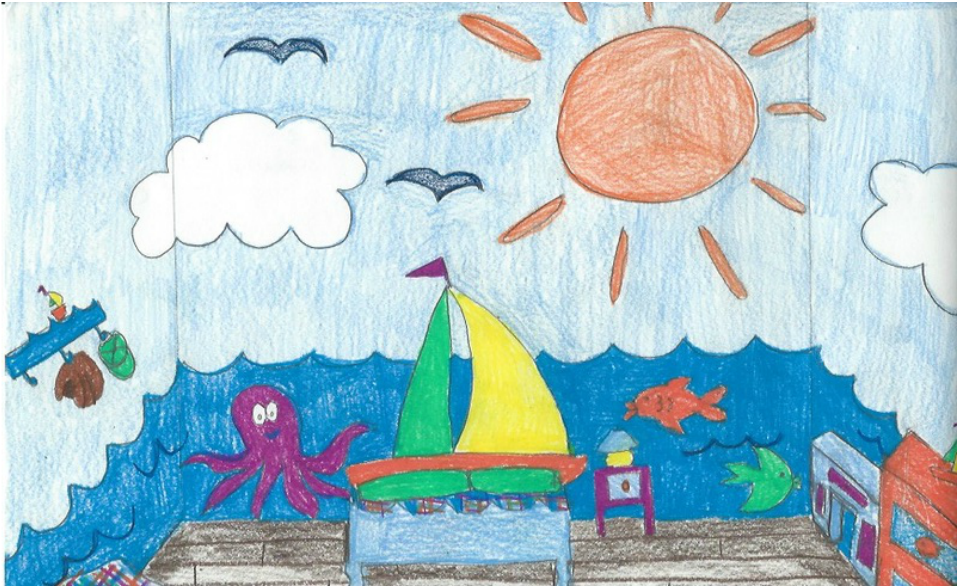How to Contact Us
The best way to reach us during office hours is by phone (901) 752-1980. Office hours may be irregular. If you don’t reach us by phone, please try our email address: [email protected].
For EMERGENCIES where there is a sudden or serious medical problem or injury, please call 911 or go to the nearest emergency room. Any rapidly changing medical condition or severe mental or behavioral instability with either threatened or actual danger to anyone (the patient or others) should be evaluated in an emergency room. Call 911 for ambulance or police/sheriff assistance.
Most clinical communication will be during your and/or your child's office sessions, but there may be times when you need to talk to us between appointments. Brief phone contact may be appropriate occasionally but issues that require extended or frequent phone calls are best discussed in face-to-face appointments. After-hours and on holidays, the office phone number (901-752-1980) will connect you to the answering service. You may use the answering service to leave messages for us, or if it is urgent, you may request that you speak to the doctor on call. Although usually the doctor on call will be from our office, this may not always be the case. Even if it is a CAPA doctor, the doctor on call may not be familiar with your case and will probably not have after-hours access to medical records. Except in very unusual cases, please don’t rely on the answering service for medication refill requests. Because we are not always in the office with access to your chart, please allow at least 2 days notice for phone-in refill requests. For medications that require a written prescription, please allow at least 3 days notice, or longer if you want it mailed.
Please use our e-mail for general information about the practice or to leave non-urgent messages regarding refills, appointment requests, etc.. This type of communication is growing in mental health care. We are cautiously optimistic that it will allow for greater patient-doctor communication, but until issues of effectiveness, safety and confidentiality can be studied, we prefer not to use e-mail for most therapeutic purposes such as counseling or changing medications.
For EMERGENCIES where there is a sudden or serious medical problem or injury, please call 911 or go to the nearest emergency room. Any rapidly changing medical condition or severe mental or behavioral instability with either threatened or actual danger to anyone (the patient or others) should be evaluated in an emergency room. Call 911 for ambulance or police/sheriff assistance.
Most clinical communication will be during your and/or your child's office sessions, but there may be times when you need to talk to us between appointments. Brief phone contact may be appropriate occasionally but issues that require extended or frequent phone calls are best discussed in face-to-face appointments. After-hours and on holidays, the office phone number (901-752-1980) will connect you to the answering service. You may use the answering service to leave messages for us, or if it is urgent, you may request that you speak to the doctor on call. Although usually the doctor on call will be from our office, this may not always be the case. Even if it is a CAPA doctor, the doctor on call may not be familiar with your case and will probably not have after-hours access to medical records. Except in very unusual cases, please don’t rely on the answering service for medication refill requests. Because we are not always in the office with access to your chart, please allow at least 2 days notice for phone-in refill requests. For medications that require a written prescription, please allow at least 3 days notice, or longer if you want it mailed.
Please use our e-mail for general information about the practice or to leave non-urgent messages regarding refills, appointment requests, etc.. This type of communication is growing in mental health care. We are cautiously optimistic that it will allow for greater patient-doctor communication, but until issues of effectiveness, safety and confidentiality can be studied, we prefer not to use e-mail for most therapeutic purposes such as counseling or changing medications.

